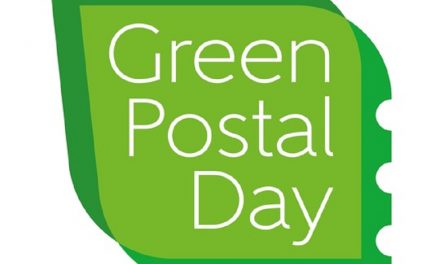
New Zealand Post developing online consumer ID service
New Zealand Post is developing a new service that will allow people to access many different government services online via a single account. The Post said today it is working on the service, dubbed “RealMe”, with the government’s Department of Internal Affairs.
Consumers will have their RealMe accounts verified by a visit to one of New Zealand Post’s 150 PostShops, and once their identity is confirmed, they will be able to prove who they are online and access a range of official services, from the national census and government benefits to banking services and passport applications.
Peter MacKenzie, the Department’s identity and data services general manager, said it won’t only be government agencies and local authorities making use of the RealMe verification, but also private sector firms like insurance providers and utilities.
The project remains subject to legislation being passed by Parliament, via the Electronic Identity Verification Bill, which received its first reading in February and is expected to be passed later this year
MacKenzie said: “The ability to securely verify each user’s identity and other information, such as their address, opens a world of possibilities for more services to be provided online.
“For participating organisations, this could result in a significant decrease in front office in-person costs and a significant increase in customer sign-ups with no opportunities lost through needing the consumer to present in person.”
Privacy
RealMe is based on a platform called iGovt that the New Zealand government has been developing since 1999, but which eventually went live in 2006. The service is currently limited to the Department of Internal Affairs’ own births, deaths and marriages database.
New Zealand Post said verification in a PostShop would be a simple process involving consumers showing appropriate ID and having their pictures taken.
Mandy Smith, the head of agency services at New Zealand Post, said: “New Zealand Post won’t be holding any of that information, we’ll simply collect it then pass it on to the Department of Internal Affairs for them to undertake the verification process.”
The Office of the Privacy Commissioner, who was involved in the initial public consultation on the RealMe project, will also be playing a continuing role in developing the project, said Smith.
Privacy will be maintained by not having a central database of collected information, said New Zealand Post. Data will only be accessed when verified consumers provide it to participating organisations.
“Protecting people’s confidentiality and privacy is our top priority,” said Smith.











